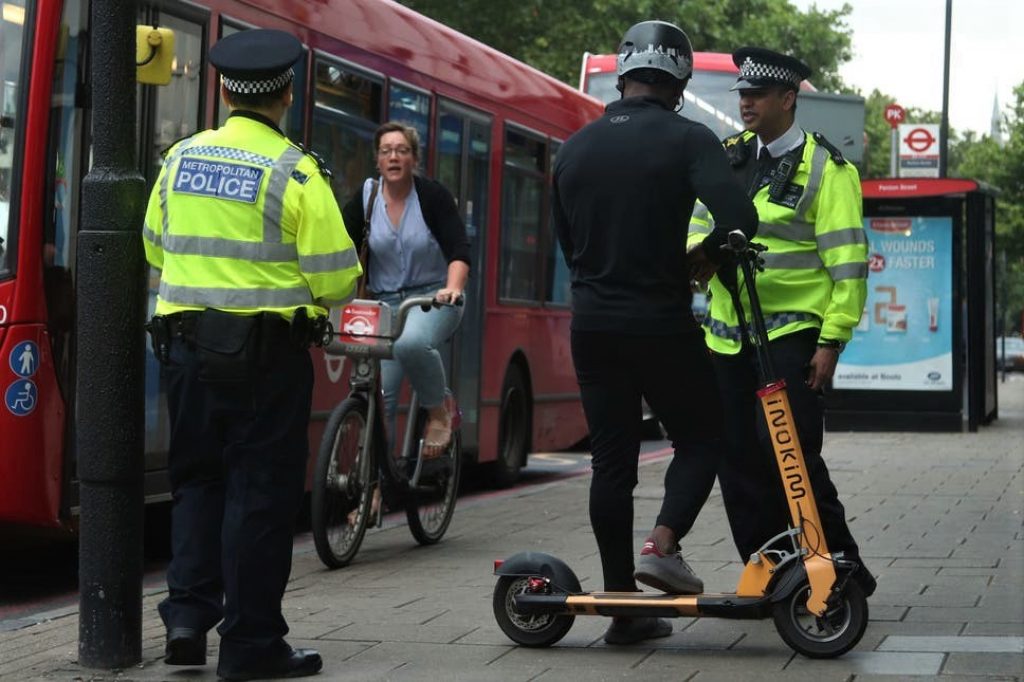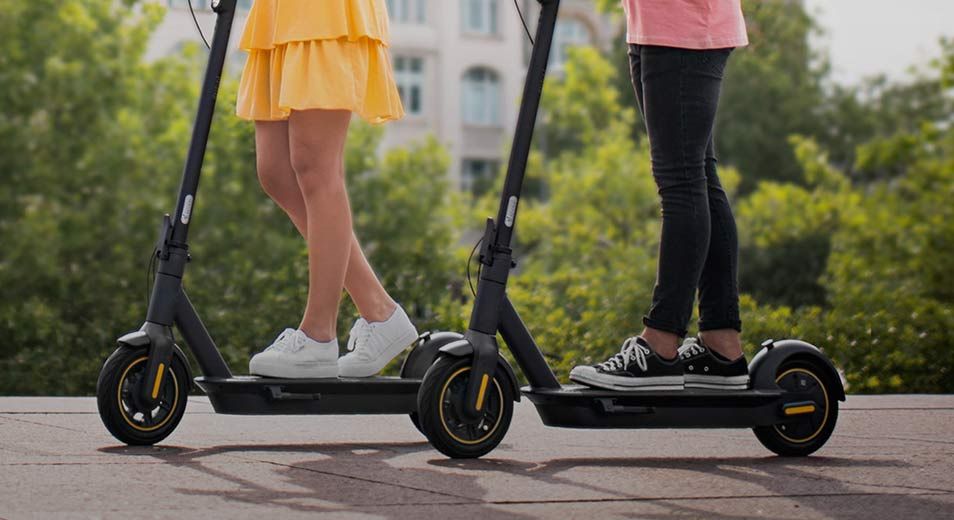I. Introduction to Electric Scooters and Licensing Requirements

Electric scooters have become increasingly popular as a convenient and eco-friendly transportation option in urban areas. However, it’s important to understand the licensing requirements to ensure compliance with local laws and regulations.
A. Exploring the Popularity of Electric Scooters
- Convenient and Eco-Friendly Transportation Option: Electric scooters provide a convenient and environmentally friendly alternative to traditional modes of transportation. They are efficient, emission-free, and can navigate through traffic easily.
- Increasing Adoption in Urban Areas: Major cities around the world have seen a surge in the adoption of electric scooters as a popular mode of transportation. They offer a practical solution for short-distance travel, allowing riders to avoid traffic congestion and parking difficulties.
B. Importance of Understanding Licensing Regulations
- Ensuring Compliance with Local Laws and Regulations: It is crucial to understand and comply with the licensing regulations set by local authorities to avoid legal issues. Failure to do so may result in fines or other penalties.
- Differentiating Electric Scooters from Other Vehicles: Electric scooters have distinct characteristics that differentiate them from motorcycles or other motor vehicles. Understanding these differences helps in determining the specific licensing requirements for electric scooters.
II. Electric Scooter Classification and License Requirements

To determine the licensing requirements for electric scooters, it is important to differentiate them from motorcycles and understand the power and speed limitations as well as the mode of operation.
A. Differentiating Electric Scooters from Motorcycles
- Power and Speed Limitations: Electric scooters typically have lower power and speed capabilities compared to motorcycles. They are often designed for lower speeds, usually ranging from 15 to 30 mph (24 to 48 km/h), depending on the model.
- Pedal-Assist vs. Throttle-Operated Scooters: Some electric scooters are pedal-assist, meaning they require the rider to pedal along with the motor. Others are throttle-operated, where the motor is controlled solely by a throttle grip.
B. Examining Licensing Requirements for Electric Scooters
The licensing requirements for electric scooters vary by jurisdiction. It is important to check with local authorities for specific requirements.
- Age Restrictions and Operator License: Some jurisdictions may have age restrictions for electric scooter operators. Additionally, an operator’s license or permit may be required, especially for scooters that exceed certain power or speed limits.
- Registration and Insurance Obligations: Depending on the jurisdiction, electric scooters may need to be registered and insured. These requirements are generally based on factors such as power output, speed limitations, and the jurisdiction’s specific regulations.
III. Licensing and Registration Regulations by Region

Licensing and registration requirements for electric scooters vary by country and even within different regions of a country.
A. United States Electric Scooter Licensing Regulations
- Varied State-by-State Requirements: Licensing regulations for electric scooters in the United States vary from state to state. Some states treat electric scooters like bicycles, while others may require a driver’s license, registration, or insurance.
- Examples of States with Specific Electric Scooter Laws: California, for instance, treats electric scooters like bicycles if they meet certain criteria, while New York requires electric scooter operators to possess a valid driver’s license.
B. International Electric Scooter Licensing Regulations
- Examples of Licensing Requirements in Selected Countries: In the United Kingdom, electric scooters are considered personal light electric vehicles and require a valid driver’s license, insurance, and registration. In Germany, electric scooters that do not exceed 12 km/h do not require a license, while faster scooters require registration and liability insurance.
- Understanding Regional Variations and Differences: It is important to research and understand the specific licensing requirements for electric scooters in the region or country where they will be used, as regulations can vary significantly.
IV. Safety Considerations and Best Practices for Electric Scooter Riders
When using electric scooters, it is important to prioritize safety and follow best practices to ensure a safe and enjoyable experience.
A. Following Traffic Laws and Regulations
- Adhering to Speed Limits and Traffic Signals: Observe speed limits and follow traffic signals, just like any other vehicle on the road. This helps maintain order and prevents accidents.
- Understanding Right-of-Way and Pedestrian Rights: Yield to pedestrians and respect their right-of-way. Be mindful of crosswalks and shared pathways, and give ample space to pedestrians.
B. Wearing Safety Gear and Protecting Yourself
- Helmet Requirements and Recommendations: Always wear a helmet when riding an electric scooter, regardless of local regulations. Helmets significantly reduce the risk of head injuries in case of a fall or collision.
- Reflective Clothing and Visibility Measures: Wear brightly colored or reflective clothing, especially when riding at night. Use lights or reflectors on the scooter to improve visibility for other road users.
V. Public Perception and Future Regulation of Electric Scooters
The growing popularity of electric scooters has raised concerns and prompted the need for regulation and community awareness.
A. Evaluating the Impact of Electric Scooter Use
- Benefits and Concerns Raised by Communities: Electric scooters offer benefits such as reduced traffic congestion and lower carbon emissions. However, concerns about pedestrian safety, sidewalk clutter, and improper parking have been raised by some communities.
- Efforts to Establish Guidelines and Regulation: Many cities and jurisdictions are working on establishing guidelines and regulations to address these concerns. These efforts aim to strike a balance that allows for the benefits of electric scooters while mitigating potential risks.
B. Anticipating Future Changes and Developments
- Evolving Laws and Regulations: As the popularity of electric scooters continues to grow, it is likely that laws and regulations will evolve to accommodate new challenges and safety concerns. Stay informed about any changes in your local area.
- Potential Licensing Requirements Updates: Licensing requirements for electric scooter riders may also be subject to change as regulations are updated. Keep an eye on any updates and ensure compliance with any new requirements.
Understanding the licensing requirements for electric scooters is essential to ensure compliance with local regulations and enjoy safe and legal riding. This guide has provided insights into the classification of electric scooters, licensing requirements in different regions, safety considerations, and future regulatory trends. It is important to research and understand the specific regulations in your area to determine if a license is required for operating an electric scooter. Keep in mind that laws and regulations may evolve, so staying informed and following best practices for safe riding is crucial. So, before you hop on your electric scooter, familiarize yourself with the licensing requirements and enjoy a smooth and legal riding experience.
